courseticket: digital education marketplaces
One can learn from the founders of courseticket to keep spinning ideas, to develop them further, for example, in order to open up new business areas. The first idea of founding a tutoring platform to connect teachers and learners was quickly discarded by Alexander Schmid. Another idea matured, which led to the official founding of courseticket in 2014 through financing and the partnership with co-founders Markus Kainz, Johann Brandauer and Berthold Baurek-Karlic. The idea: a digital platform for organisers who can use it for course management, administration and application. “A simple and easy-to-use online marketplace for education and training offers,” says Alexander, who studied business informatics at the Vienna University of Technology.
After the course is before the course
On the marketplace, course providers can create an account and design their ticketing at a fixed price or recurring subscription rate and make course units and any e-learning materials of their own available to their participants online. Confirmations of participation or certificates can also be issued via the system. Historically, the tendency of organisers is towards face-to-face formats, although they could also hold their courses online via courseticket. A look at the marketplace makes it clear that this is due to the topics of the courses. Most seminars require on-site participation – for example, a first aid course, baby swimming or a cooking course.
A second business area blossoms
The first buds of the marketplace gave rise to many new customer enquiries and ideas for further developments. “If customers needed something, we programmed additional functions or expanded the offers,” says Alexander. This led to the development of another business area in 2016 – the white label solution. Entrepreneurs can use courseticket’s technology and build their own marketplace. “We have thus become a technology service provider that provides the foundations for a learning experience platform.”
With this white label solution, for example, employees get access to company-specific training, in the design and style of the company. And not only that: “A big USP of ours is that we mix eCommerce elements with the world of the Learning Experience. Because the learning units and content can also be monetised by the companies by opening the offers to interested parties outside the company for a fee,” says Alexander. Large customers already rely on this solution – the Saudi Arabian Ministry of Justice with a digital e-learning and accreditation platform, the APA with its Campus or the GLI, the non-profit food initiative for Austria, is building its education network on it.
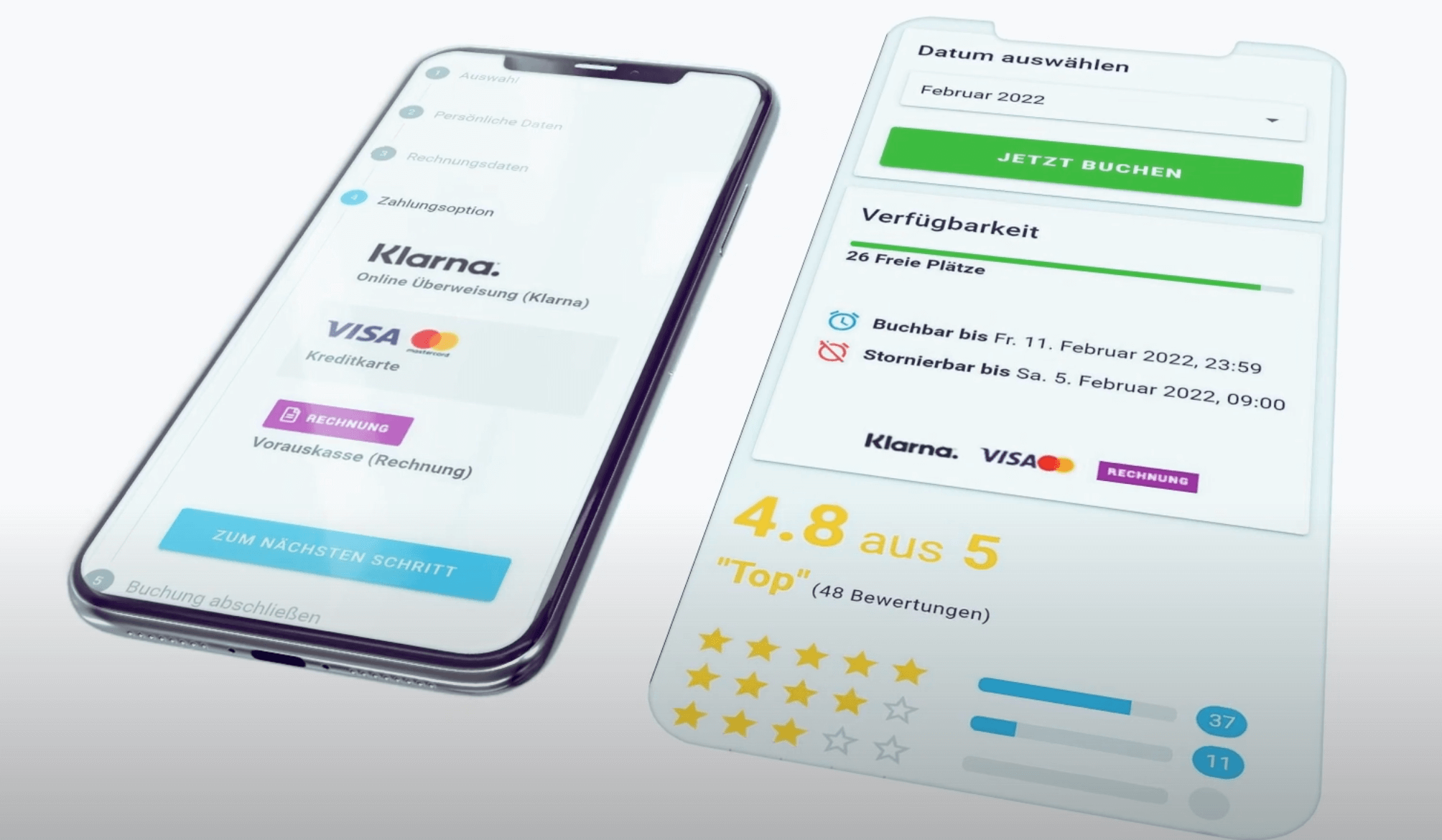
The target group roulette
However, the expansion of their offering brought with it a major challenge – a stronger focus on B2B. “That’s a big task, to clearly communicate that we provide learning platforms with a B2C focus as well as tailor-made booking solutions for B2B applications.” The good thing, however, is that entrepreneurs who hold their first courses via the marketplace on courseticket are often enthusiastic about the white label solution. “As suppliers, they see how the platform works and we tell them in personal exchanges that the white label solution exists and that they can use it to create their own B2C or B2B marketplace.
Focus on international orientation
Alexander sees the service orientation and the possibility of adaptation as a decisive difference to standardised digital platforms: “With large “software-as-a-service” providers, you often don’t get any feedback for a long time and usually no customisation is possible. That’s not the case with us, we take care of the requests and any customisation wishes.” A credo that will certainly prove itself in the future, when courseticket will focus even more intensively on sales in the MENA region (Middle East and North Africa) and Germany. How he envisages this, he reveals in the short interview…
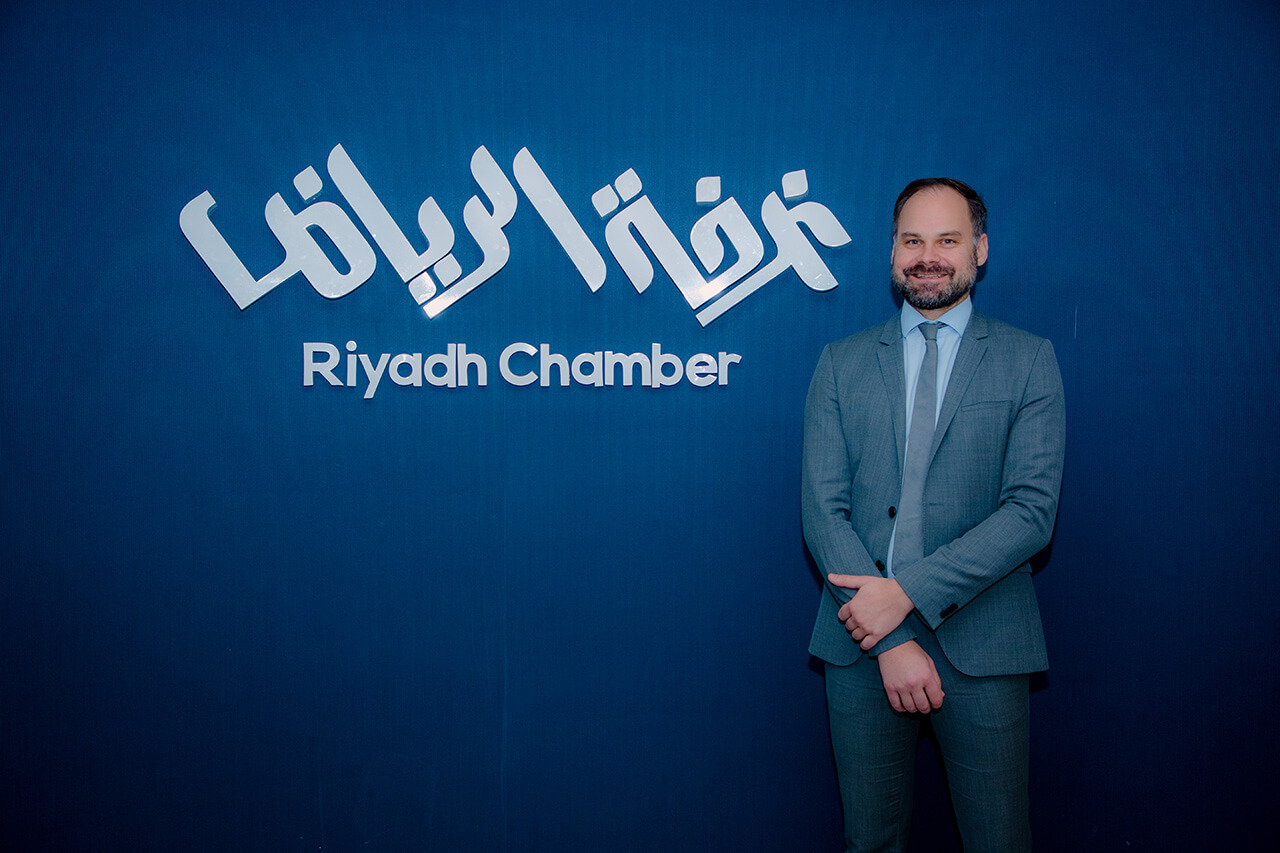
We asked Alexander:
In addition to the day-to-day operations in the two business units, you are also involved in many initiatives and are always looking for new partnerships. Why?
The way I see it, in addition to a motivating exchange with like-minded people, we can grow primarily through partnerships and joint projects. In Saudi Arabia, for example, we have a partner whose network opens doors at the highest governmental and corporate decision-maker level. That was an absolute stroke of luck. More and more projects are emerging there, such as most recently with the Chamber of Commerce in Riyadh, where we are allowed to deliver a central learning experience platform for all SMEs based there.
You participate in a nationwide German education initiative INVITE of the Federal Ministry of Education & Research. Why are you involved in research?
The whole initiative is exciting for us because players in the EdTech sector, traditional education providers and renowned research institutions are coming together to harmonise the German digital education landscape. Those who participate here have their finger on the pulse of the times when it comes to educational technologies, educational offerings and data standards of tomorrow. Participation was important to us because this is an international meta-project with great vision: Creating the architecture of a national education platform. I think that innovation is created above all when a corresponding ecosystem exists or is created for a common exchange at eye level. I am not aware of similar initiatives in Austria.
What does the project work here look like in concrete terms?
We are working in a team with two project partners from Germany, WBS Training AG, a leading education provider, and with the Technical University of Schmalkalden. An open source API is being developed, i.e. an interface that is intended to transform rigid learning platforms into living, self-learning learning worlds. With the help of artificial intelligence and skills alignment, learning paths and thus also the learning environment can be personalised.
More articles
The following articles might also interest you.
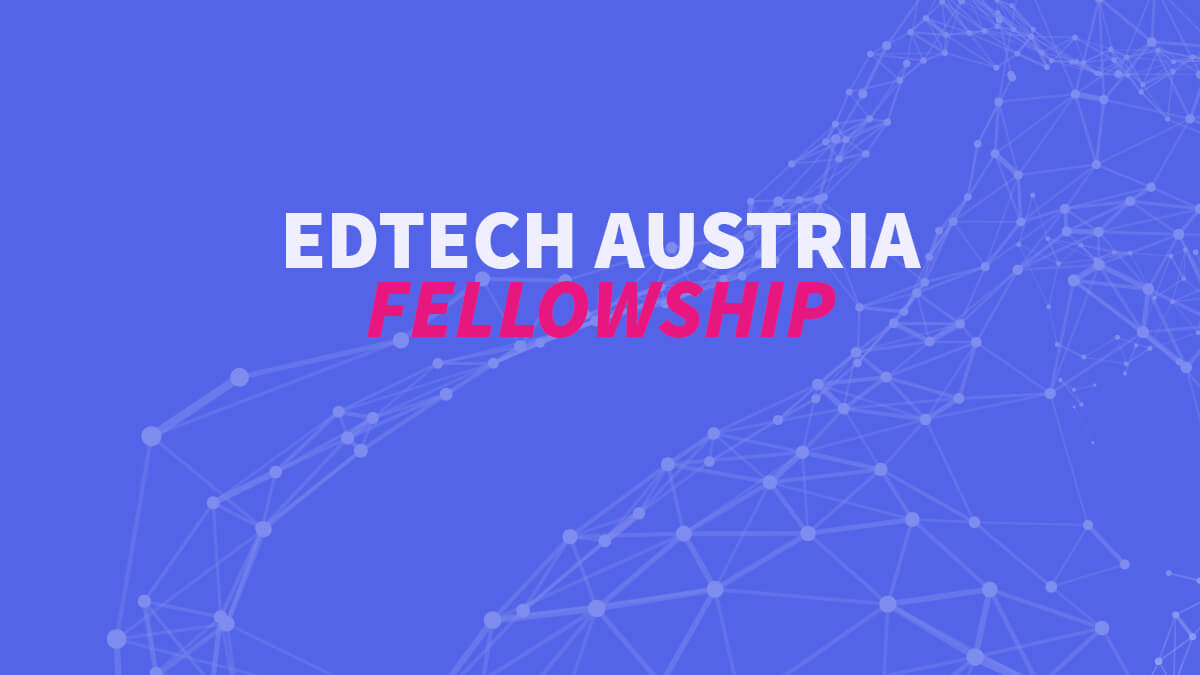
EdTech Austria Fellowship
24. October 2024
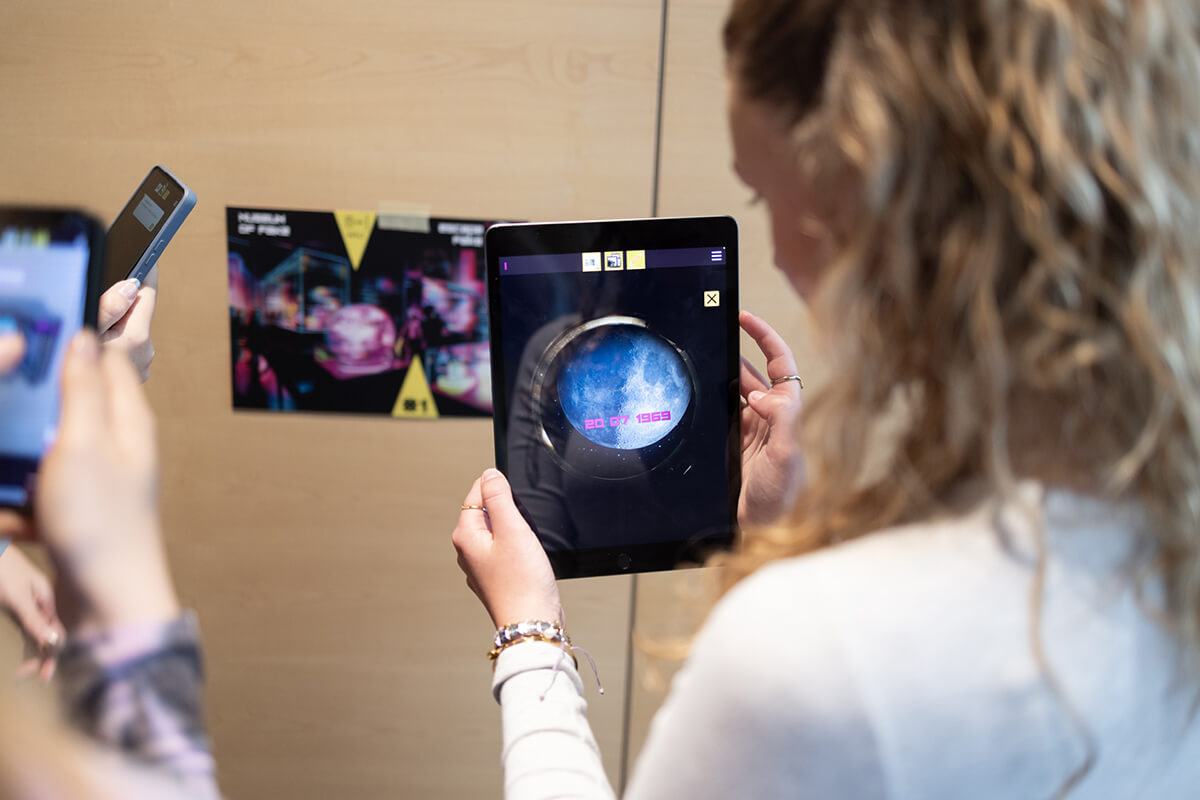
AR, VR and XR: Shaping Learning through Virtual Worlds
30. June 2025
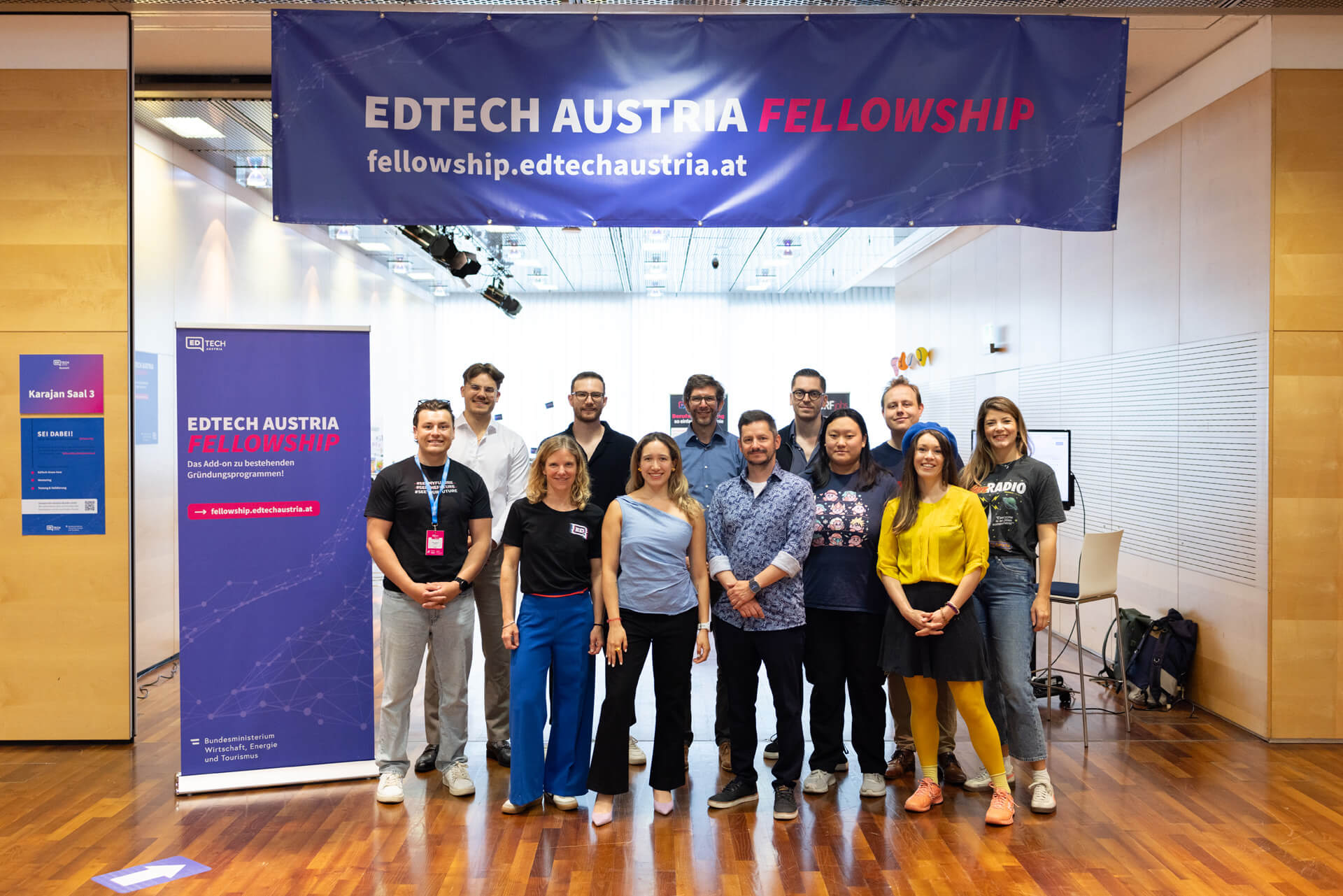
EdTech for all, all for EdTech – shaping the world of education together
18. June 2025
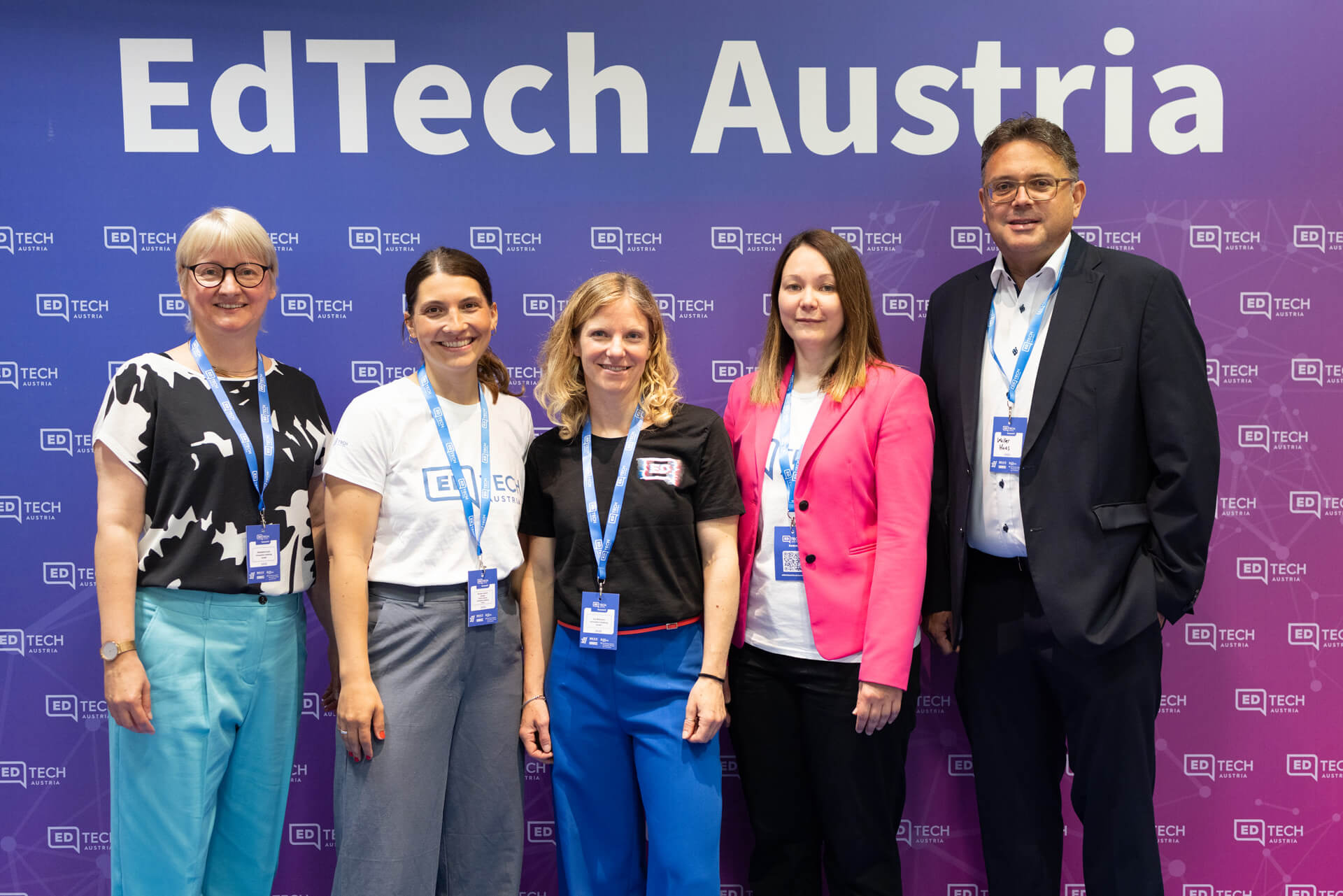
Real-World Practice Meets Innovation: The Fourth EdTech Austria Summit
3. June 2025
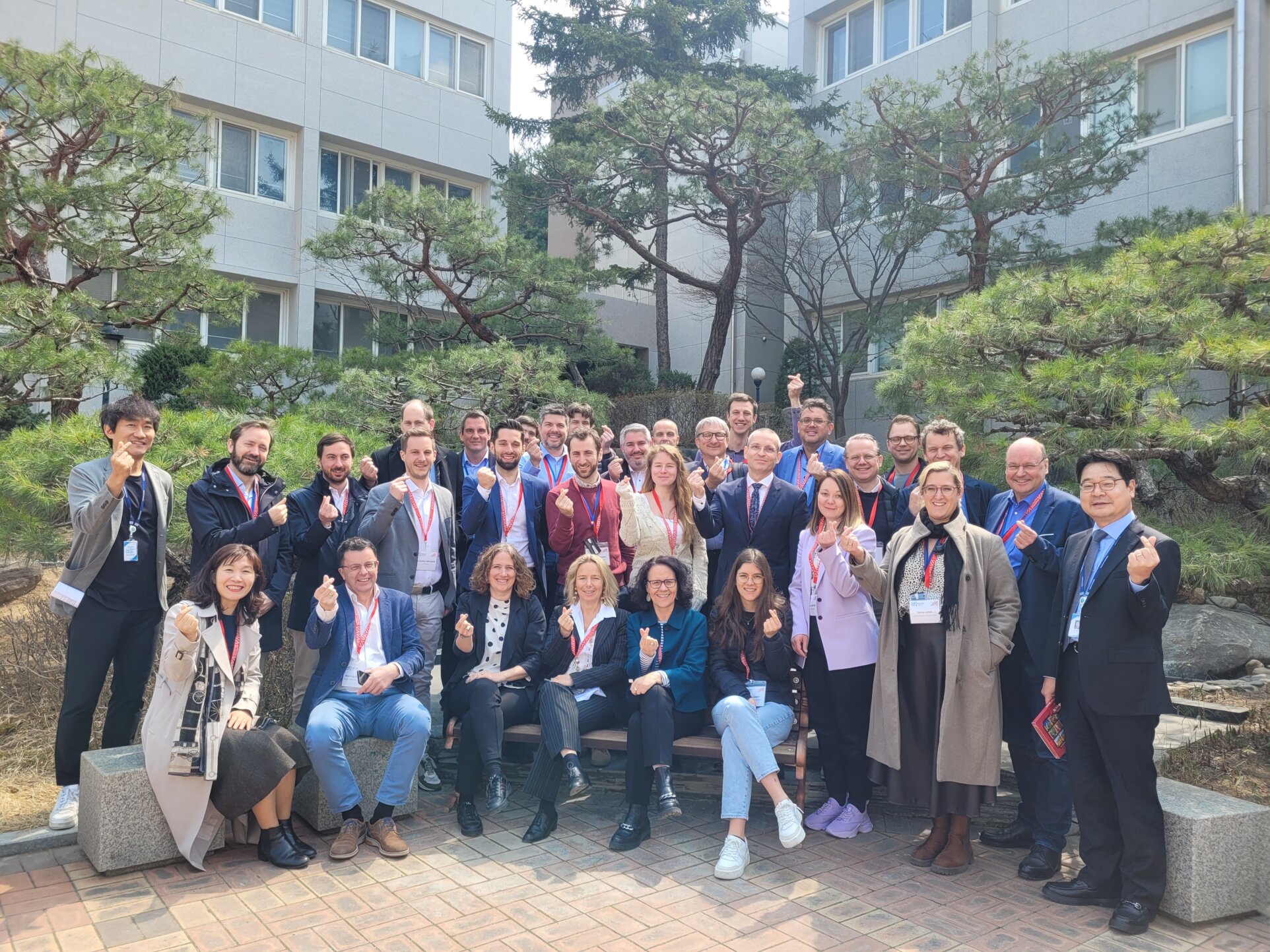
South Korea: How technology, culture and the courage to innovate are shaping education
30. April 2025

Lifelong Learning in Transition: Opportunities and Challenges of AI
17. January 2025
